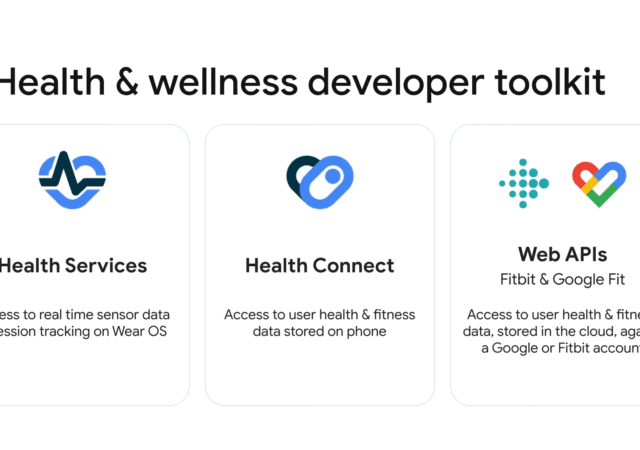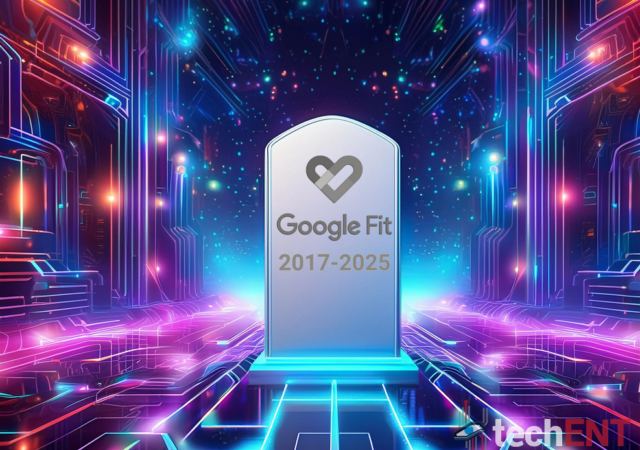Google announces new APIs that integrate health data across apps and devices with Health Connect and Android Health.
Google Fit APIs Deemed Unfit Starting in 2025; Will It’s Retirement Break Your Devices?
Google announces that the Google Fit APIs are no longer going to be supported come June 30 2025.




